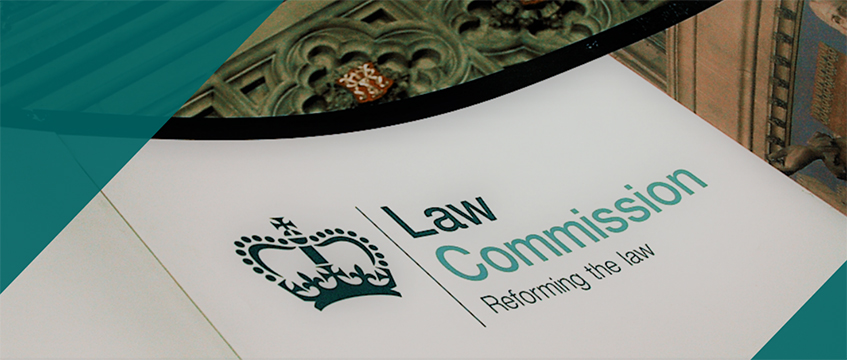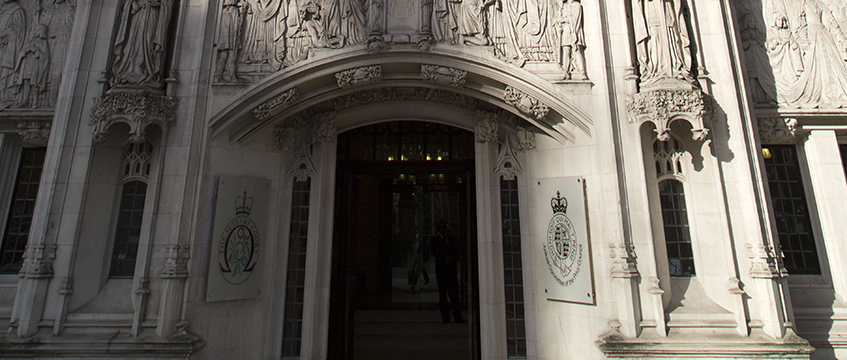Lease of commercial premises – Break clause – Conditions for exercise – Defendant tenant purporting to break lease – Whether break invalidated by failure to make all payments due to claimant landlord under lease by break date – Whether payment by cheque on day before break date sufficing – Whether outstanding sums of interest remaining due under lease – Claim allowed
The claimant was the landlord and the first defendant was the tenant under a lease of two units on an industrial estate in Stroud, Gloucester, for a term of 10 years from February 2005, at an initial rent of £44,100 pa, rising to £67,500 pa then subject to review from March 2010. Further sums were payable under the lease in respect of service charge, insurance rent and other items such as water and sewerage. By clause 14.1, failure by the tenant to pay any sum under the lease by the due date resulted in a liability to pay “default interest”, as defined in the agreement, for the period from the due date to the date of eventual payment. The second defendant, the first defendant’s parent company, guaranteed its obligations under the lease.
Until late 2007, the first defendant frequently made payments to the claimant by cheque. In an e-mail of October 2007, the claimant complained that payments were persistently late and requested that the first defendant set up a standing order. That did not happen but, from April 2008, the second defendant made payments under the lease by BACS transfer.
In March 2010, the first defendant purported to break the lease pursuant to an earlier notice served under clause 45. The claimant subsequently asserted that the first defendant had failed to comply with the conditions for an effective break, including that, by the break date: (i) the first defendant pay to the landlord a sum equal to six months’ annual rent (clause 45.4.7); and (ii) all payments due under the lease be paid (clause 45.4.4). As to the former, the claimant contended that it had to be in receipt of cleared funds on the break date such that a payment by cheque, hand delivered to it the day before, was insufficient. As to the latter, it claimed that the first defendant had persistently paid rent and other sums late, such that it still owed outstanding sums of default interest on the break date.
The first defendant contended that: (i) there was an implied agreement, established by a course of conduct, that the claimant would accept cheques in payment of sums due; and (ii) no liability to pay default interest arose until such sums were demanded by the claimant, since otherwise the first defendant would not always know what sum it had to pay.
Held: The claim was allowed.
(1) The parties had an implied agreement displacing the general common law rule that a party had to pay its debt by a tender of legal currency, and that a cheque was not legal currency. Such an agreement could be inferred from a course of conduct where there had been a practice of making periodical payments by cheque and those cheques had been accepted: Beevers v Mason (1978) 37 P&CR 452; [1978] 2 EGLR 3; [1978] 248 EG 781 and Homes v Smith [2000] Lloyd’s Rep Bank 129 considered. The consistent course of dealing between the parties up to late 2007 indicated that the claimant had not insisted on a tender of currency for sums due under the lease but had agreed to accept a cheque in relation to such sums. Under well established principles, acceptance of the cheques resulted in payment of the sums due with effect from the date when they were tendered so long as they were in due course met on presentation. Although a landlord’s implied agreement to accept cheques in payment would not necessarily bind it for the full term of the lease, it would need to give timely notice to bring the implied agreement to an end: Tankexpress A/S v Compagnie Financiere Belge des Petroles SA [1949] AC 76 applied. The claimant’s October 2007 e-mail did not amount to such notice since complained about the lateness of payments, not about payment by cheque, and its language was too much in the form of a request rather than a unilateral imposition. The subsequent voluntary adoption by the defendants of a system of BACS transfers did not show that they had abandoned the benefit of the implied agreement that they could pay by cheque. That agreement applied to all payments under the lease, including that under clause 45.4.7, such that the claimant was not entitled to reject the cheque tendered the day before the break date. Moreover, even if the claimant had been entitled to reject the cheque, it had not done so promptly and so should be taken to have accepted it: Homes applied. Accordingly, there had been no failure by the defendants to pay the clause 45.4.7 sum by the break date.
(2) On the true construction of the lease, the first defendant’s liability to pay default interest on late payments was not conditional on the claimant making a demand for such interest. It was unlikely that there would be any real practical difficulty in the tenant knowing what sum it had to pay as default interest even without a demand from the landlord. The default interest incurred by the first defendant was a payment that had fallen due under the lease. Default interest accrued from day to day and therefore fell due for payment from day to day as it accrued. The claimant was not estopped from asserting the first defendant’s non-payment of default interest by reason of any failure to correct the first defendant’s mistaken belief that it did not owe any sums under the lease. It was not possible to find, on the evidence, that the claimant had known that the first defendant was mistaken in its belief or had had such a degree of suspicion of that matter as to amount to “blind eye” knowledge: Tradax Export SA v Dorada Compania Naviera SA, The Lutetian [1982] 2 Lloyd’s Rep 140, Taylor Fashions Ltd v Liverpool Victoria Trustees Co Ltd [1982] QB 133; [1979] 2 EGLR 54; (1979) 251 EG 159 and Manifest Shipping Co Ltd v Uni-Polaris Insurance Co Ltd [2001] UKHL 1; [2003] 1 AC 469 considered. Accordingly, at the break date the first defendant owed default interest under the lease and fell foul of clause 45.4.4, such that it had not validly broken the lease.
Alan Johns (instructed by Clarke Wilmott LLP, of Bristol) appeared for the claimant; Paul Letman (instructed by Joelson Wilson LLP) appeared for the defendants.
Sally Dobson, barrister










